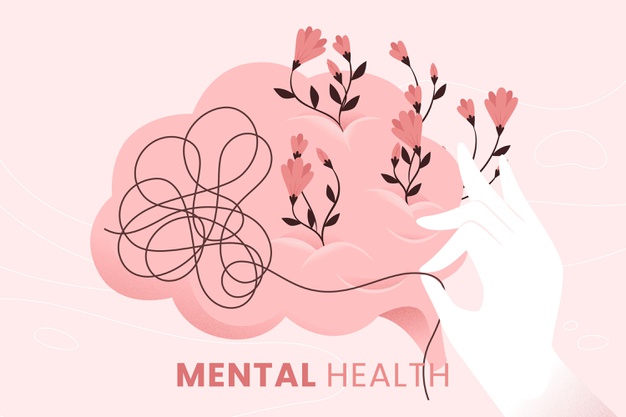A not-for-profit organisation aimed at giving young people suffering from depression and other mental health issues free access to therapy has launched with the goal of completing thousands of professional therapy sessions in their first year.
Launched today both locally and in the United Kingdom, Hope Guardians aim to empower young people to find the help they need where institutional services are not available.
Hope Guardians offers mental health support in a number of ways, including via an online matching platform that connects people seeking support with mental health professionals in their own country – for free weekly therapy sessions. The NGO was created by Benjamin Tuttle, Head of the Tuttle Foundation.
“Hope Guardians plans to help increase awareness of the issue, dispel mental health myths, and remove the stigma associated with it by providing free therapy to all who need it, for those up to the age of 26,” said Tuttle.
Tuttle has lived with mental health issues for most of his life and now wants to help others in the same situation, inspired by a newspaper article citing global statistics on mental health.
“Hundreds of millions of young people worldwide suffer from mental health issues, many with little to no way to get help. In South Africa alone, nearly three-quarters of these sufferers are not accessing any form of mental health care at all,” Tuttle said. “Hope Guardians wants to change this.”
The thousands of therapy hours will be funded through donations, corporate sponsors, and time donated by therapists. In this pilot phase, Hope Guardians is looking for therapists to sign up and offer one free hour a week of their time, which will be done via video conferences with young people.
“From here, our ambition is to go global,” Tuttle said.
“Hope Guardians is an initiative offering one-to-one, online free therapy, once a week with mental health professionals”, said Noluthando Tibini, Clinical Nurse Practitioner and Clinical Psychiatrist.
“It will make a huge impact on vulnerable young people in South Africa. What’s more, the free therapy sessions will be in their own language, and within their individual cultural context, which is especially important. I am one of many therapists, and hope many others will get onboard and donate one hour per week of their time”.
Hope Guardians aims to assist particularly where institutionalised help is not available to give sufferers hope with free weekly therapy sessions. Hope Guardians asks those in need to sign up on www.hopeguardians.com, where they are matched with a trained professional therapist for free virtual, weekly sessions. “Sign up is anonymous, all that is asked for is a first name, email address, age, country, language and how the person is feeling.”
Each person will receive therapy from someone who speaks their language and understands their cultural context.
“Hope is the essence of Hope Guardians – people’s mental health issues are at their worst when they have lost all hope,” said Tuttle, whose ambition it is to roll the Hope Guardian model out for local co-ordination in other countries in due course.
Visit www.hopeguardians.com for more information or to sign up, either as a person in need, or a therapist wanting to donate hours, or donate a small amount.
Picture: Freepik
Read Also: 5 Simple tips that will help you improve your memory

